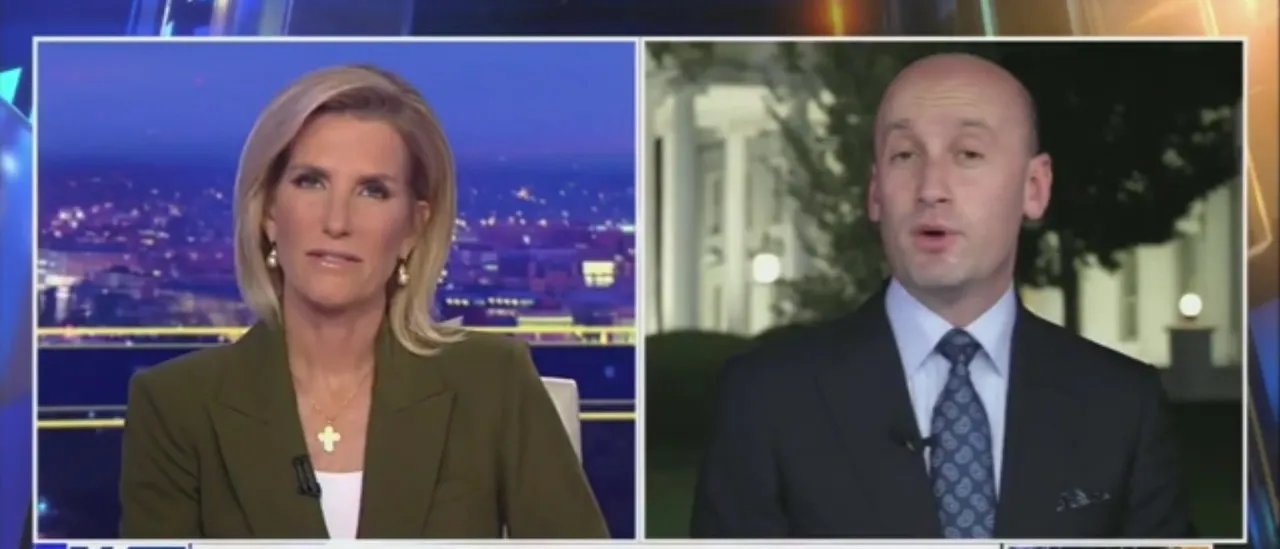Europe is facing numerous serious challenges, many of which stem from its own choices—often under the influence of prevailing therapeutic ideologies that promote lofty, yet potentially harmful, ideals.
These self-inflicted wounds are nearing a critical point, threatening to dismantle the very civilizations that were once viewed as models of success.
The urgency surrounding climate change seems to overshadow the slow yet necessary transformation away from traditional energy sources.
Rather than a pragmatic approach, some leaders are pushing for extreme “net zero” policies. This has led to a reliance on unreliable and expensive solar and wind energy, which has driven fuel and electricity prices to unprecedented highs.
The environmentally focused elite seem unconcerned about the consequences of shutting down nuclear, coal, and natural gas energy sources—actions that could drastically harm industries and lower living standards across Europe.
Germany, once an economic leader in Europe, has notably diminished in stature. This trend has accelerated during the administrations of Obama and Biden in the United States.
Both have aimed to limit fossil fuel production and usage, seemingly without regard for the economic ramifications these restrictions may impose, particularly on middle-class and low-income individuals.
Over the last half-century, many affluent Westerners have also come to embrace the idea that there isn’t a single, normative way of living. In some cases, they’ve even labeled traditional nuclear families as outdated or biased.
This narrative has often suggested that raising children interferes with women’s professional ambitions. The notion that larger families are an unnecessary financial burden, while promoting alternative family structures, has gained traction.
Consequently, birth rates have plummeted to unsustainable figures in the West, with Europe averaging around 1.4 and the United States approximately 1.6.
Inevitably, academia, media, and various institutions have touted this idea of “empowerment,” disregarding historical facts that underline how societies typically thrive.
Additionally, uncontrolled immigration has played a role in this decline.
Again, it seems that the ruling classes have overlooked the findings of past research, which indicates that effective immigration is managed, diverse, and beneficial when it aligns with efforts to integrate and assimilate incoming populations.
Instead, borders have effectively been disregarded, leading to an influx of many impoverished, unauthorized immigrants, often with little intention or capacity to adopt local values.
This has resulted in unsustainable welfare demands, rising crime rates, societal disruption, and increased internal conflict.
Another factor contributing to this turmoil is a new form of tribalism, often framed as diversity, equity, and inclusion.
The elite classes have proposed various compensatory measures aimed at elevating non-white communities.
While these issues exist globally, it’s worth noting that slavery was first abolished and tribal identities were lessened primarily in the self-reflective West.
It’s no mystery why non-white individuals seek to migrate to the West—opportunities for prosperity, freedom, and safety often far exceed those available in their home nations.
Unfortunately, when racial identities become the basis for privileges and exceptions, it can lead to the resurgence of tribalism and civic strife.
To maintain special preferences, we find the need for a narrative of perpetual victimhood emerging. However, this undermines the core Western idea of individuality and the belief that we are more than mere tribes.
Instead, we seem to be regressing into primitive tribal structures based solely on appearances.
There is, however, a glimmer of hope. The issues we face have been welcomed into the West partly through the actions of a few privileged individuals who mistakenly believed that their wealth and freedom were somehow guaranteed.
To recover, the West must cease its historical apologies and embrace pride in its inclusive European, Jewish, and Christian legacies.
This isn’t to say that everything was great—especially with the challenges posed by illegal immigration. Yet, the current conditions often seem far worse.
The West needs to reject radical, top-down environmental policies that ignore the negative consequences these impose on everyday citizens.
The traditional two-parent family structure is not an anomaly; rather, it represents a long-standing system that supports stable societies.
If immigrants wish to join Western societies, there should be an emphasis on why they came and the importance of integrating into local values as opposed to remaining apart.
Lastly, it’s essential for individuals to voice concerns, particularly to anyone who perpetuates stereotypes and promotes hate against those outside their groups.
If enough people say, “That’s enough,” it may just make a difference.







